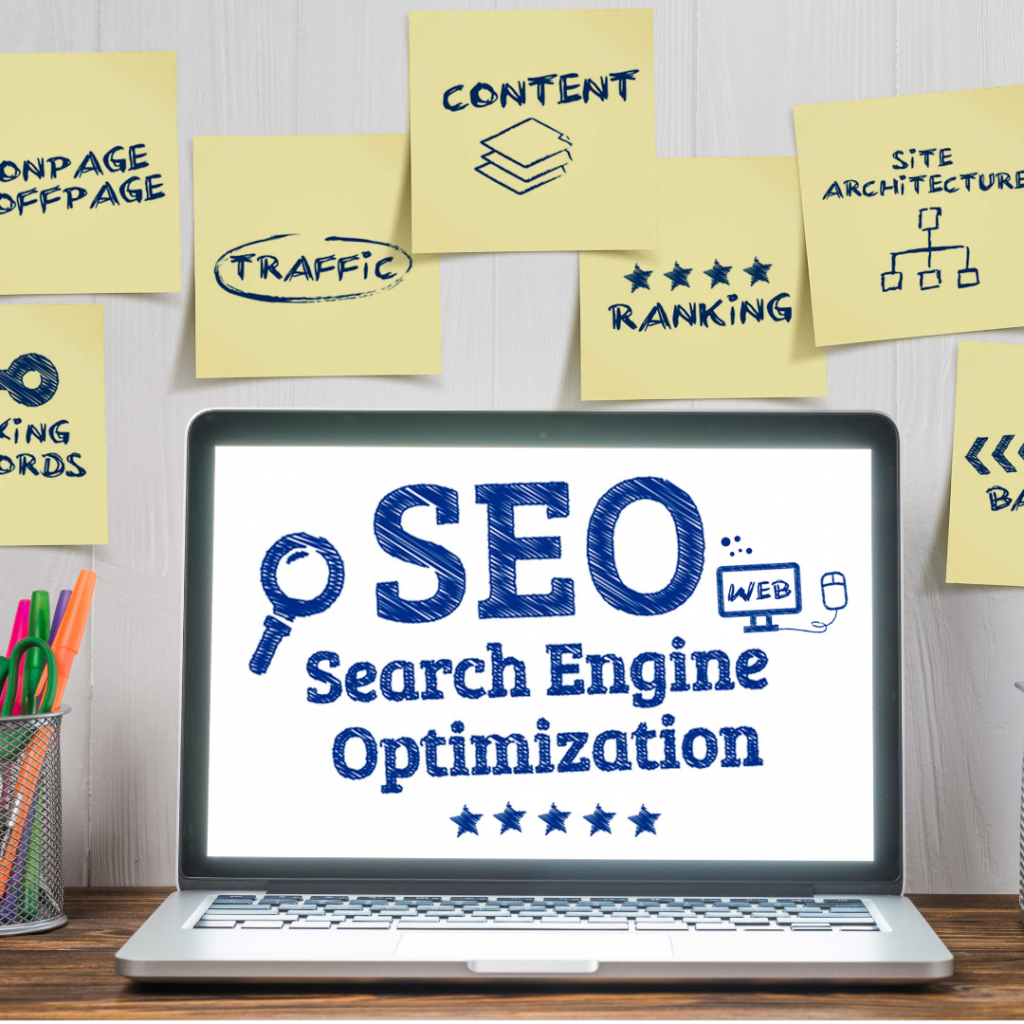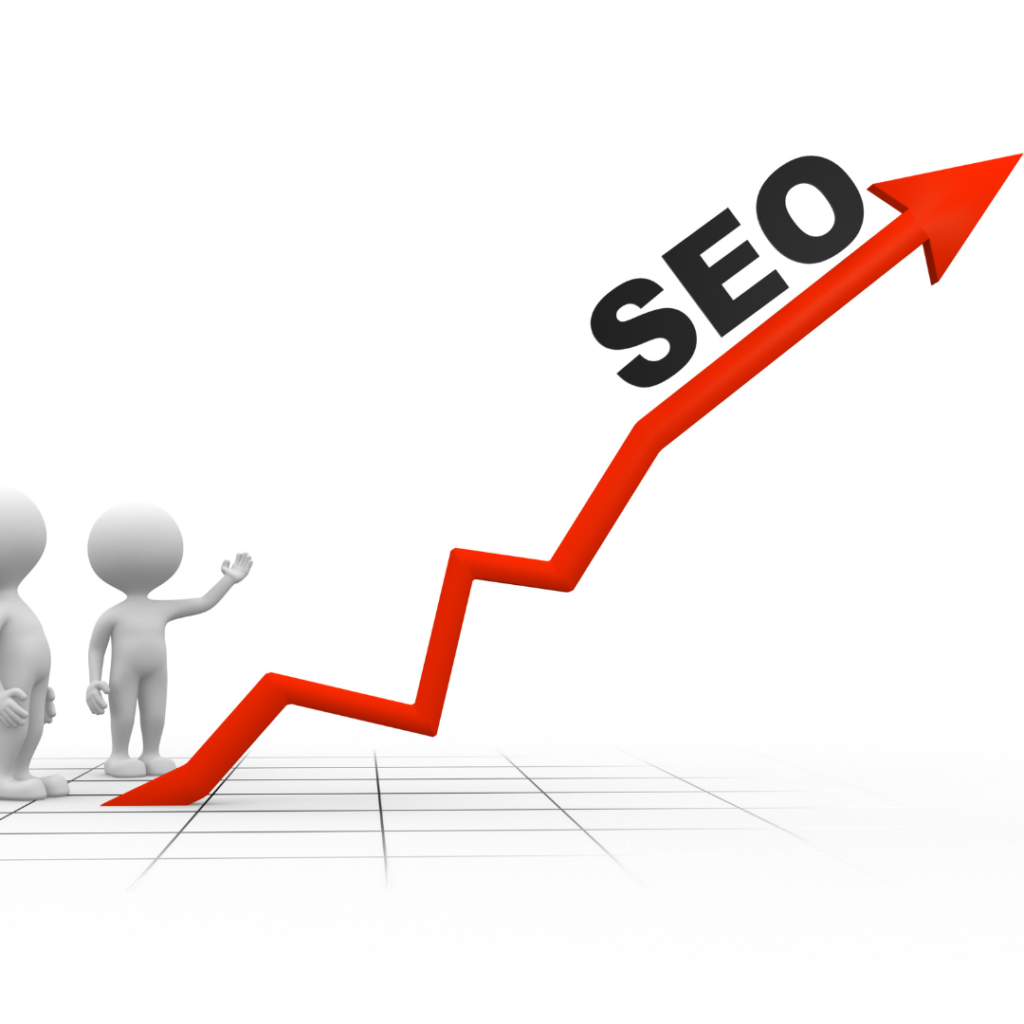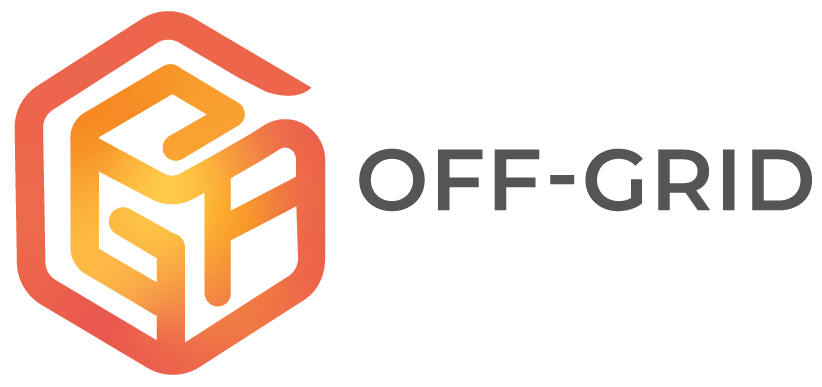Welcome to the essential world of search engine optimisation (SEO), where your website can rise to the top of search results. This article simplifies SEO, providing concrete steps to enhance online visibility and drive more organic traffic. Gain insights into search engine algorithms and discover SEO practices that deliver real results.
Key Takeaways
SEO optimizes visibility in organic search results, requiring ongoing alignment with search engine algorithms and is essential for driving traffic and enhancing brand awareness.
Effective SEO encompasses Technical Optimization for accessibility and user experience, On-Page Optimization for content relevance, and Off-Page Optimization for site authority and reputation.
SEO strategies must be dynamic, leveraging advanced tools for keyword research, site audits, and performance analytics and adjusting in response to tracking outcomes and search algorithm updates.
Understanding Search Engine Optimisation (SEO)

SEO, in its simplest form, enhances your website’s visibility, making it easier for potential customers to discover your online presence through search engine marketing. The beauty of effective SEO lies in its power to increase traffic to your website, attract new customers, and heighten brand awareness.
SEO is unique because it focuses on organic search results, which users trust and click on more frequently than paid search results, especially on the dominant search engine.
What is SEO?
When someone types a query into a search engine, they get many results. But how does a search engine decide which results to show first? That’s where SEO comes in. Search Engine Optimization, or SEO, is designed to increase a website’s visibility when users search for products or services related to that business in search engines. With many strategies and techniques, SEO aims to enhance a website’s visibility in search engine results pages, attracting organic traffic and potential customers.
However, SEO is not a stagnant process. It’s fluid and continually adjusts to match search engines’ ranking algorithms. Websites that appear higher up in the search results typically receive more traffic. SEO ensures that the content aligns with user search intent and meets the criteria used by search engines to serve the best results to users.
How do search engines work?
Search engines work their magic by sifting through billions of web pages to deliver the most pertinent results within seconds. This process involves three primary steps: crawling, indexing, and ranking. Web crawlers, also known as spiders or bots, scour the Internet to discover new and updated pages, which are then added to the search engine’s index. Tools like Google Search Console can help website owners monitor and optimize their site’s performance in search engines.
Once the pages are discovered, the indexing process kicks in. The pages are evaluated during indexing to determine their relevance and whether they should be included in the search engine’s index. The ranking follows indexing, where the search engine uses complex algorithms to order web pages in search results by relevance.
The role of SEO in digital marketing
Within the bustling world of digital marketing, SEO plays a vital role. Search engines favour high-quality, relevant, engaging content and can boost website rankings, proving the significant role SEO plays in content marketing effectiveness. But SEO isn’t just about traditional search engines like Google or Bing. It also impacts social networks such as YouTube and TikTok, influencing marketing strategies.
SEO doesn’t exist in isolation. It overlaps with numerous other marketing fields, including content marketing and social media marketing. This necessitates integrated strategies for a cohesive digital marketing approach. Understanding SEO can create a holistic digital marketing strategy that drives traffic and conversions.
Key Components of Effective SEO

Three main elements form the foundation of effective SEO: Technical Optimization, On-Page Optimization, and Off-Page Optimization. These three components work in synergy to ensure that a website is accessible to search engines, contains relevant and optimized content, and is trusted and recognized by search engines.
Technical SEO
You cannot ignore the technical aspects of SEO. Technical SEO ensures that websites are accessible to search engines for crawling and indexing and provides a positive user experience. One critical aspect of technical SEO is mobile-friendliness. Given the increasing number of mobile users, search engines, especially Google, prioritize mobile performance when ranking websites.
A mobile-optimized site offers:
Quick load times
Readability on small screens
Simple navigation
Adaptability to various devices
Mobile optimisation enhances user experience and reduces bounce rates, drives mobile conversions, and significantly increases organic traffic from users searching on mobile devices. Moreover, site security, particularly HTTPS, is a crucial aspect of technical SEO.
On-Page Optimization
Although technical SEO lays the groundwork, On-Page Optimization leverages that foundation to boost search engine rankings. This aspect of SEO focuses on optimizing elements within a website that contribute to ranking, such as content relevance and keyword optimization. High-quality, informative, and keyword-rich content aligns with user search intent and is a key part of the SEO strategy for boosting organic traffic.
Relevant keywords in content and metadata help search engines understand and efficiently index a web page’s subject matter. Furthermore, including images and videos can enhance user engagement and information quality. When optimized with keywords and descriptions, these elements can contribute to improved SEO results.
Lastly, the meta description, an HTML tag displayed on search results pages, should be optimized to describe the page content and encourage clicks from users accurately.
Off-Page Optimization
Off-Page Optimization comprises strategies beyond your website to bolster your site’s reputation and authority. One such strategy is link building. Backlinks, or links from other websites pointing to your site, are considered votes of confidence by search engines, influencing your site’s ranking. However, when it comes to link building, quality trumps quantity. High-quality backlinks from authoritative sites can significantly boost your ranking.
Moreover, in today’s digital age, SEO is not limited to traditional search engines. Social networks like YouTube and TikTok can be utilized for brand promotion and information sharing. Sharing content on social media aids in garnering referral traffic and potentially earning backlinks.
Finally, your brand’s reputation, including reviews, ratings, and mentions, also factors into search engine ranking algorithms. Tools like the Backlink Gap tool can help identify potential backlink opportunities by revealing sites that link to your competitors but not to your website.
Essential SEO Tools and Resources

The availability of the right tools and resources can be game-changing in the SEO realm. From comprehensive all-in-one SEO tools like seoClarity, which offers a broad range of SEO and content optimization features, to specialized tools for specific tasks, these resources can greatly enhance your SEO efforts.
Keyword Research Tools
Any successful SEO strategy is rooted in thorough keyword research. Keyword research tools help you uncover the words and phrases your target audience uses when searching online. They furnish search metrics for various keywords, enabling you to pinpoint ideal target keywords for your SEO efforts.
There are numerous keyword research tools available, each with its unique strengths. Some of the leading keyword research tools include:
Semrush
Ahrefs
Moz Keyword Explorer
Google Keyword Planner
Each tool offers free features that cater to different user needs. Surfer’s AI-driven tools also provide tailored insights for SEO auditing and keyword research.
WordStream’s Free Keyword Tool offers a simple way to find the most suitable keywords for organic content initiatives.
Site Audit and Analysis Tools
Much like a mechanic utilizes diagnostic tools to detect car issues, SEO practitioners employ site audit and analysis tools to pinpoint and rectify technical issues affecting a website’s search engine rankings. Comprehensive SEO audit tools like Ahrefs and Semrush assess site speed, technical details, and domain authority, while others such as Moz Site Crawl help prioritize issues based on their potential impact.
Scalable solutions like JetOctopus are particularly useful for large websites, providing log analysis for insights into crawlability. Tools like SEO Site Checkup offer a tool for auditing over 70 different SEO factors. SEOptimer focuses on diagnosing SEO-related issues and suggesting basic corrective actions. At the same time, Screaming Frog SEO Spider is a go-to tool for technical SEO professionals to crawl websites and identify many issues.
Analytics and Reporting Tools
After implementing your SEO strategy, it becomes necessary to monitor its performance. This is where analytics and reporting tools come in handy. They allow you to monitor and analyze the performance and results of your SEO efforts.
Tools like Google Analytics and platforms like Ahrefs track and improve website SEO performance. Semrush offers a customizable dashboard that provides a detailed overview of a domain’s performance with various metrics. The advent of AI-powered tools has further enhanced the capability of SEO professionals to analyze traffic and engagement data, contributing to more informed optimization strategies.
Developing an Effective SEO Strategy

Formulating an effective SEO strategy is like building a roadmap that leads to success. It involves setting clear SEO goals, creating a detailed action plan, and regularly monitoring and adjusting your strategy based on performance.
Setting SEO Goals
Establishing clear and effective SEO goals is the first step towards devising a successful strategy. These goals should align with your business’s overarching objectives, whether increasing revenue, enhancing brand visibility, or supporting the launch of new products. But setting goals isn’t enough. They must be SMART—specific, measurable, achievable, relevant, and time-bound—to provide clear direction and enable effective progress tracking.
It’s important to evaluate the current landscape when setting SEO goals. Consider the following factors:
Keyword opportunities
SERP features
Competition
Industry trends
Also, consider your available resources and team bandwidth to set realistic and achievable SEO goals.
Remember, SEO goals measure whether your SEO tactics generate a positive return on investment and inform necessary strategy adjustments.
Creating an Action Plan
After setting your goals, the next step is to formulate an action plan. Begin with an SEO workshop to define growth goals and conduct comprehensive keyword research. Then, prioritize your keywords and create topic clusters, mapping them to different stages of the buyer’s journey.
Your action plan should also align your content with your SEO efforts. This includes regularly updating your content, leveraging identified opportunities, and performing a keyword gap analysis. Finally, turn your ideas into actionable SEO tasks and implement your planned actions.
Monitoring and Adjusting
Your SEO strategy should always be flexible. Regularly tracking your progress can help you recognize which practices are effective and identify areas for improvement. Stay updated with algorithm changes, perform website audits, and make necessary adjustments based on analytics to continuously optimize your SEO strategies.
Setting regular meetings between content and SEO teams ensures strategies are well-aligned and goals are met, discussing content performance and organic traffic data. Remember, monitoring SEO helps detect issues that may adversely affect your website’s SEO performance, like traffic drops, slow or unresponsive pages, and broken links.
Local SEO: Boosting Visibility for Small Businesses

Local SEO is a potent tool capable of helping small businesses stand out in their local markets. By enhancing online visibility in their local area, small businesses can:
Be discovered by local users
Significantly increase foot traffic to their physical locations.
Benefit from targeted web traffic, which can lead to more sales and bookings
Effective tactics for local SEO include:
Optimization of a Google Business Profile
Enhancing the business’s visibility on key local search platforms like Google Maps
Implementing successful tactics from rivals to become more competitive
Moreover, local SEO optimization tasks can improve conversion rates for a small business’s website.
Future Trends in SEO: AI and Machine Learning

One thing is certain about the future of SEO: AI and machine learning are key contributors. These technologies are shaping the future of SEO, enhancing the efficiency of search rankings by integrating into search algorithms like Google’s Hummingbird, Panda, and RankBrain. For instance, RankBrain requires SEO practices to improve the user experience and gain the most from this AI-driven ranking factor.
Artificial intelligence also optimises various SEO strategies, including advanced keyword research and content generation. AI-generated content can now produce high-quality, SEO-optimized, multilingual content, extending the reach of SEO efforts to a more diverse audience. However, incorporating AI technology in SEO introduces complexities such as increased algorithm sophistication, potential biases in search results, and a strong reliance on ever-evolving technology.
Building a Career as an SEO Specialist

For anyone contemplating an SEO career, it’s crucial to understand the prerequisites to become a specialist. SEO specialists wear many hats and need to have the following skills and experience:
Analytical thinking to interpret data
Adaptability to keep up with changing algorithms
Communication skills for effective client relations
Practical experience through personal projects, volunteering, internships, or entry-level positions in marketing teams
Continuous education in SEO is also crucial. Stay current by regularly consuming the latest news, research, and best practices and attending industry events. Building a career as an SEO specialist can be rewarding, but remember that the salary of an SEO specialist is influenced by factors such as the employment setting, level of experience, and the time effectively dedicated to performing SEO tasks.
Summary
As we’ve journeyed through the world of SEO, we’ve discovered its intricacies and potential. From understanding the basics, the role of SEO in digital marketing, and the key components of effective SEO to the essential tools and resources, we’ve learned how to develop an effective SEO strategy. We’ve also explored the power of local SEO for small businesses, the exciting future of SEO with AI and machine learning, and the path to building a fulfilling career as an SEO specialist. Armed with this knowledge, you’re ready to embark on your SEO journey, harnessing its power to boost your online visibility and drive success. If you want to learn more, you can Enrol in the Off-Grid Singapore Digital Marketing course titled “SEO Success: Elevate Your Rankings & Reach“.
To learn more, you can enrol at Off-Grid SkillsFuture Career Transition Programme titled “(SCTP) WSQ Advanced Certificate in Retail (Marketing)“
Frequently Asked Questions
What is SEO, and why is it important?
SEO, or Search Engine Optimization, is important because it helps businesses reach their target audience, attract organic traffic, and potentially increase sales. It increases a website’s visibility when users search for products or services related to that business in search engines.
What are the three main components of effective SEO?
The three key components of effective SEO are Technical Optimization, On-Page Optimization, and Off-Page Optimization, each playing a crucial role in improving a website’s search engine ranking.
What is local SEO, and how can it help small businesses?
Local SEO can be a valuable tool for small businesses. It boosts their online visibility in a specific area and attracts local customers, ultimately increasing foot traffic and sales.
How are AI and machine learning shaping the future of SEO?
AI and machine learning are shaping the future of SEO by improving search rankings, optimizing SEO strategies, and generating high-quality, SEO-optimized content. This advancement is revolutionizing the way businesses approach their online presence.
What does it take to become an SEO specialist?
SEO specialists require analytical thinking, adaptability, and strong communication skills. Practical experience, continuous education in SEO, and entry-level positions in marketing teams are essential for gaining the necessary skills.




